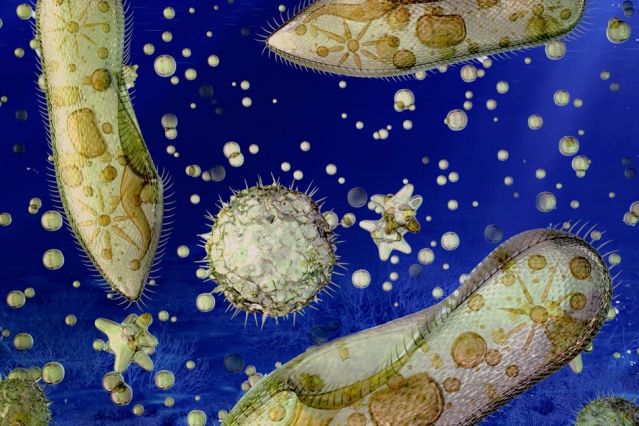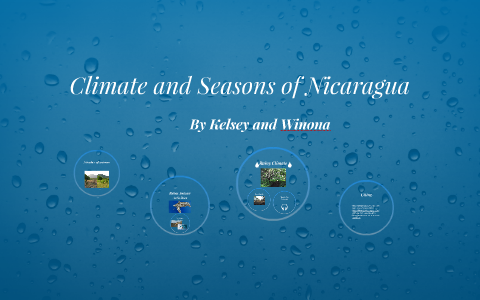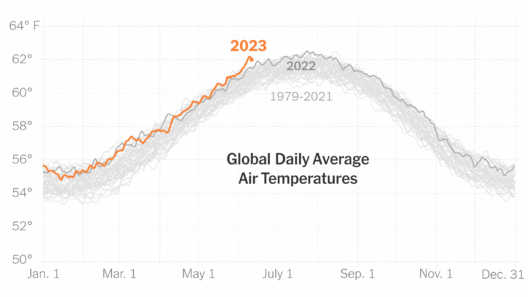Global warming, a critical issue facing our planet, extends its adversarial reach into the vast bodies of water that sustain marine life. One particularly insidious consequence of climate change is oxygen depletion in the ocean. This phenomenon, often referred to as hypoxia, occurs when oxygen levels in the water drop to a point that is detrimental to marine organisms. In this extensive examination, we will explore the causes, effects, and implications of ocean oxygen depletion, elucidating how global warming suffocates marine ecosystems and poses a profound threat to biodiversity.
To understand ocean oxygen depletion, one must first consider the factors contributing to its onset. Global warming leads to higher sea surface temperatures, which can reduce the solubility of oxygen in water. Warmer waters hold less oxygen, creating an environment where marine life struggles to survive. Additionally, anthropogenic activities, such as nutrient runoff from agriculture, contribute to the problem. Excess nitrogen and phosphorus enter the oceans, leading to algal blooms. When these algae die and decompose, they consume large quantities of oxygen in the process, exacerbating hypoxic conditions.
The effects of oxygen depletion on marine life are profound and multifaceted. First and foremost, the direct impact on aquatic organisms is alarming. Many fish, invertebrates, and other marine animals rely on sufficient oxygen levels for survival. Species such as cod, flounder, and even larger marine mammals can experience stress, leading to reduced growth rates, impaired reproduction, and even mortality. In extreme cases, entire fish populations may collapse, leading to a cascading effect throughout the food web.
Furthermore, the implications of hypoxia extend beyond individual organisms. Ecosystems can undergo substantial shifts as oxygen-depleted areas, or dead zones, expand. These zones typically have diminished biodiversity, as only a few opportunistic species can thrive in such harsh conditions. The loss of keystone species disrupts the ecological balance, affecting not only marine life but also the industries that depend on healthy oceans for fishing and tourism.
Another alarming consequence of oxygen depletion is its influence on biogeochemical cycles. The reduction of oxygen in marine environments affects the ocean’s capacity to sequester carbon. Oceanic phytoplankton, the primary producers of the marine ecosystem, require balanced conditions to flourish. Their role in absorbing carbon dioxide from the atmosphere is critical for mitigating climate change. However, hypoxic conditions diminish phytoplankton populations, thereby reducing the ocean’s ability to act as a carbon sink. This creates a vicious cycle, where global warming exacerbates hypoxia, further reducing the ocean’s capacity to combat climate change.
In addition to ecological ramifications, oxygen depletion poses significant socio-economic challenges. Fisheries, crucial to the livelihoods of millions worldwide, are at risk. The eventual collapse of fish stocks due to hypoxic conditions threatens food security for communities that rely on seafood as a primary protein source. This not only affects local economies but can also lead to increased competition and conflicts over dwindling resources. The interaction of environmental and socio-economic factors can lead to further socio-political instability in regions heavily reliant on marine resources.
As we continue to grapple with the specter of climate change, addressing oxygen depletion in the oceans will require concerted global efforts. Mitigating the effects of global warming is paramount. This can be achieved through transitioning to renewable energy sources, promoting sustainable agricultural practices, and implementing stringent regulations on nutrient runoff. In addition to reducing greenhouse gas emissions, it is essential to enhance ocean management strategies aimed at preserving marine habitats and restoring ecosystems impacted by hypoxia. Scientists advocate for the establishment of marine protected areas, which can provide refuge for vulnerable species and promote recovery in degraded regions.
Moreover, public awareness and education are vital components of combating ocean oxygen depletion. Engaging communities in discussions about the importance of healthy oceans and their interconnectedness with climate change can foster a sense of stewardship. Grassroots movements and advocacy efforts can pressure governments and industries to adopt sustainable practices and prioritize environmental protection.
In conclusion, the phenomenon of oxygen depletion in our oceans is a stark reminder of the far-reaching consequences of global warming. As temperatures rise and nutrient pollution worsens, marine life becomes increasingly imperiled. The cascading effects of hypoxia not only jeopardize biodiversity but also pose significant threats to human communities reliant on healthy oceans. Addressing this issue necessitates immediate action to curtail greenhouse gas emissions, restore marine ecosystems, and foster public engagement. The health of our oceans and, by extension, the future of humankind hangs precariously in the balance, urging collective responsibility and action.








